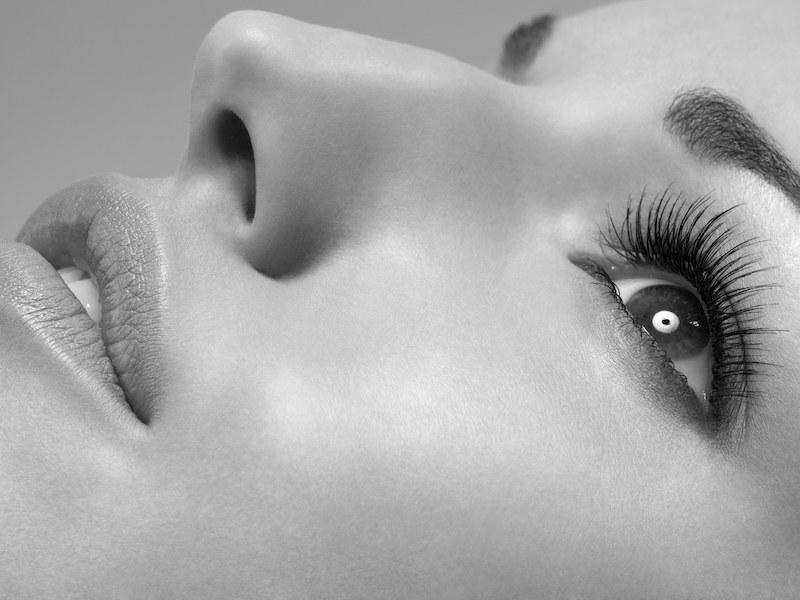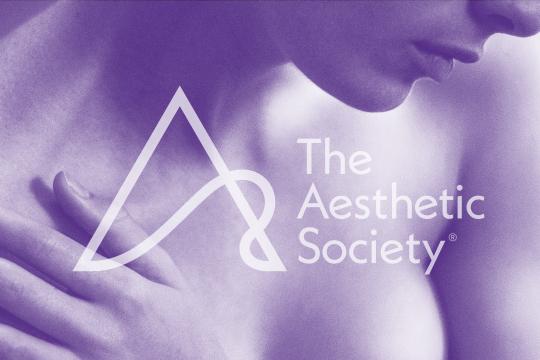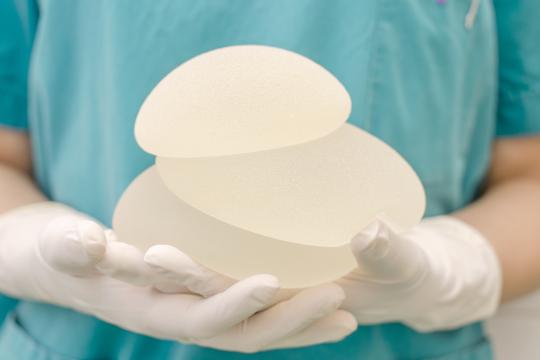When it comes to suspense, I think we can all agree that there’s a time and a place. Nail-biting crime drama? Yes. Suspense is totally appropriate. Recovering from breast lift surgery—not so much. We can’t stress enough the importance of expectation management when you’re healing from a breast lift or any other surgical procedure. And while every patient's healing process will differ slightly from another, there are things that you can absolutely expect to encounter during recovery. Those things tie in neatly with our 5 Little Words series—and if you’ve already embarked on the exploratory phase of having a breast lift, you’ll recognize these words right away: pain, swelling, downtime, bruising and redness. So let’s unpack, shall we?
Five Little Words:
- Pain: You’ll likely feel some pain in your breast area post procedure—it is surgery, after all. Your incision sites may be tender, and there may be some pressure, as your breasts will be bandaged and you’ll probably be wearing some type of compression garment. You may also experience numbness, nipple sensitivity and itching at the incision sites—and just so you know, these sensations can last for a few weeks post surgery, sometimes months, and sometimes (though rarely) years. Now you know.
If you’ve kept up on with our previous blogs, you’ll know that pain lives on a spectrum. In terms of plastic surgery, pain can be anything from itching and pressure, to numbness, to mild discomfort, to holy-good-god make it stop. (FYI: If you’re experiencing extreme pain during your recovery—that’s not okay and you should contact your doctor. Now.) After surgery, pain or other sensations can simply be a byproduct of the healing process, but they can also be a sign that something is wrong. So if anything seems out of sorts, pick up the phone. Your surgeon wants to hear from you. We promise. All that being said, most women experience minimal and very manageable pain after a breast lift. By staying in touch with your surgeon, clarifying pre-surgery what sensations—pain, itching, numbness—you can expect, and understanding the pain management protocols that your doctor recommends, you’ll be prepared.
- Swelling: Immediately after your surgery and for a few weeks following, you may notice some swelling and even some firmness/fullness of the breast tissue, particularly at the incision and/or drainage sites. That's pretty normal. If any swelling or heaviness seems abnormal or outside of the scope of your expectation, you should consult your doctor right away.
- Downtime: You’re probably anxious to take those lifted ladies out for a spin, but in this instance… don’t. You’re recovering. Give yourself a break. While you’ll be expected to get up and walk around almost immediately after surgery (to avoid blood clots), you may not like it. With 2 to 5 days of rest, you’ll start to be more comfortable moving about, but you’ll have the range of motion of a T-Rex, so we really hope you listened to your surgeon when they suggested placing things you might need within arms reach—this could go on for a week or so. That means no lifting, bending, straining, reaching, etc… Because healing is such an individual process, returning to work is really dependent on how you’re feeling, your doctor’s recommendations and the type of work you do. Some patients find that they can return to work after about a week, other’s, particularly those that have more strenuous jobs may need to wait several weeks. Sexual activity and trips to the gym will also be on hold until your surgeon says so. #bossy. Your breasts will require some TLC post-surgery, so make sure that you’re extra gentle with them for 2-4 weeks—then you can throw yourself (gently) back into the game. And finally, if you envisioned a recovery filled with bonbons and champagne, think again. Doctors recommend a healthy diet and a limited amount of alcohol (2-3 glasses per week) as you recover. It’s that whole "food is medicine thing." Blah, blah, blah.
- Bruising and redness: When you’re imaging the end result of your breast lift, it likely didn’t involve the swelling, bruising and redness that we’ve talked about here—and yet, there it is. *sigh. Most bruising post-surgery will dissipate in the first few weeks after your procedure, but the redness or pinkness around the incision site could last for several months. Again, if any bruising or redness seems outside of the scope of what you and your doctor discussed pre-surgery—call your surgeon. Redness can sometimes be a sign of infection. Don't go there.
So there it is, an explanation of those 5 little words that will accompany you on your breast lift surgery journey. Your board-certified plastic surgeon will introduce you to these words before your surgery and will likely harp on them through your procedure and recovery. And that's a good thing. 'Cause, you know. Expectation—managed.







